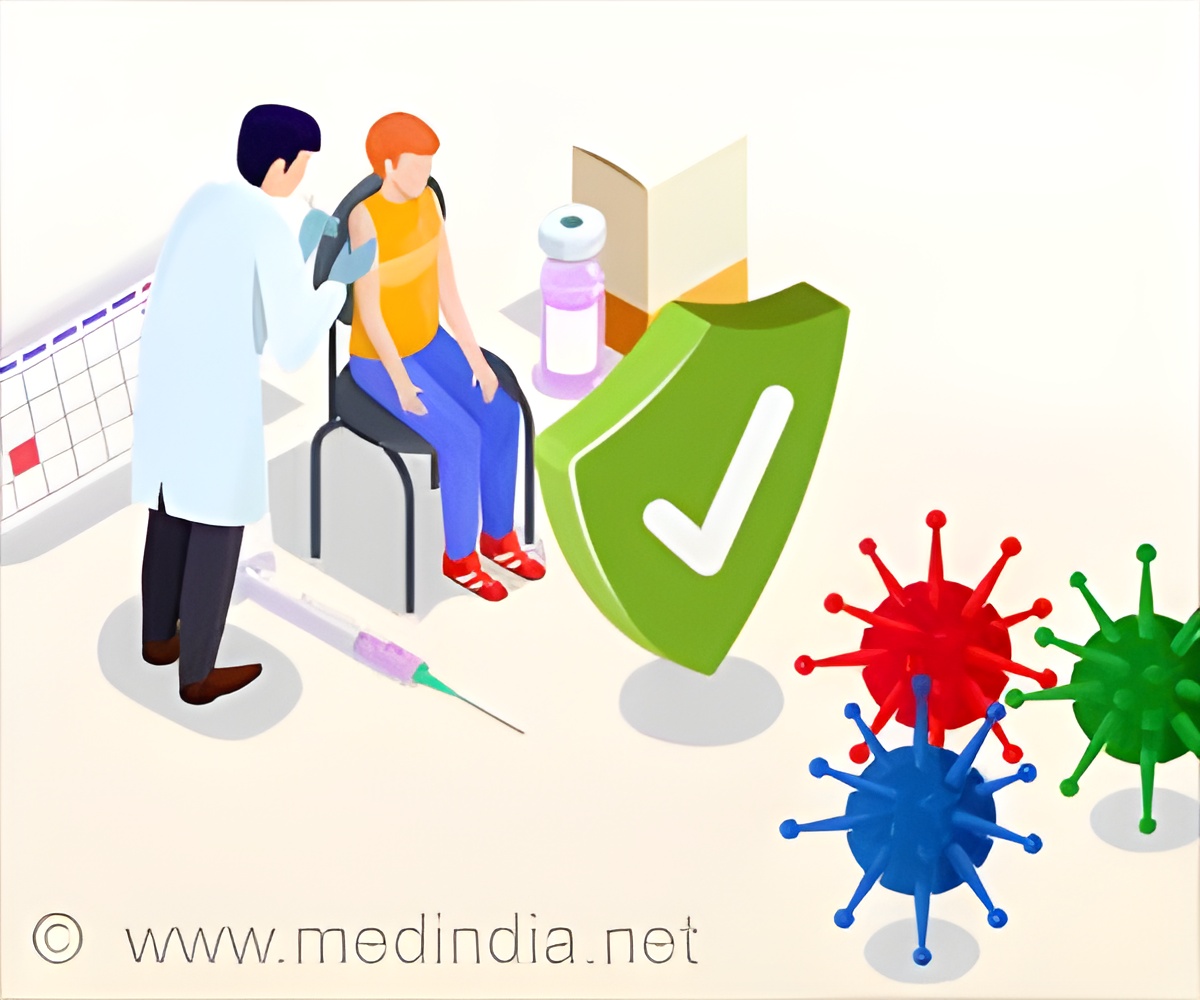Sotrovimab is popular in Australia and widely used worldwide it can target variants such as Delta and Omicron of COVID-19 but on careful surveillance.

‘Sotrovimab is a monoclonal antibody treatment developed to minimize the risk of severe COVID-19 in patients who have underlying health conditions.’





A research firm led by the University of Sydney for Infectious Diseases has reported genetic mutations in the virus that causes COVID-19, which has been linked to the development of resistance to Sotrovimab.It is believed that this is the first time that researchers have found clinical resistance to Sotrovimab — although this is unusual, it highlights the important role of surveillance. Sotrovimab neutralizes SARS-CoV-2, which binds to a specific portion of the SARS-CoV-2 spike protein, preventing the virus from entering the host cell.
The world’s first surveillance study, published in the New England Journal of Medicine, took place during the Delta outbreak in 2021, analyzing the first 100 patients receiving Sotrovimab in western Sydney.
Twenty-three patients required postoperative follow-up, eight of whom developed residual respiratory specimens that could be used for genetic analysis and four of these patients developed resistant mutations. Data show possible SARS-CoV-2 stability in patients after Sotrovimab injection and rapid development of spike genetic mutations associated with high-level Sotrovimab resistance in vitro.
Lead author Dr. Rebecca Rockett from the Sydney Institute for Infectious Diseases, Faculty of Medicine and Health, said with the resistance that developed in a small number of patients came the potential for resistant viruses to spread.
Advertisement
Key findings:
- The whole genome sequence of the virus that causes COVID-19 was analyzed from patients before and after Sotrovimab treatment. Specific mutations within the drug’s target site were uncovered that had previously been described in to confer resistance in laboratory culture systems.
- Resistance to Sotrovimab developed in a small number of patients 6 to 13 days after treatment.
- The resistant virus could be grown in laboratory culture systems, which is a marker of virus fitness that demonstrates the virus can likely be transmitted to others.
- Post-market genomic surveillance of novel antiviral treatments is warranted to prevent resistant virus disseminating into the community without recognition.
- Using the SARS-CoV-2 genomes available from around the world, the researchers demonstrated that while resistance mutations are incredibly uncommon, in Australia we know they are particularly associated with Sotrovimab treatment.
- Senior author Professor Vitali Sintchenko said genomic surveillance was prudent not only to minimize the risk of treatment failure but also to the transmission of potentially resistant variants, given that the virus persisted in patients for up to 24 days after Sotrovimab treatment.
Advertisement
About the Research
This is the first report of resistance to Sotrovimab in clinical cases, supporting the findings of previous research, that demonstrated mutations that conferred Sotrovimab resistance in laboratory culture systems and animal models.
Researchers in the new study sequenced the SARS-CoV-2 genome before patients were given the drug and then followed them through the course of the infection and could detect when the resistance mutations, in the virus genome, become dominant.
The researchers then investigated millions of international SARS-CoV-2 (COVID-19) genomes to identify that this mutation is incredibly rare.
Dr. Rockett concluded: “The rapid increase in the use of monoclonal antibodies to treat COVID-19 requires a similar increase in the surveillance for potential resistance mutations — this should help us detect resistance mutations earlier and prevent Sotrovimab, and other treatments, becoming a victim of their own success.”
The paper includes co-authors from the University of Sydney Rebecca Rockett, Dominic Dwyer, Sharon Chen and Vitali Sintchenko, with additional co-authors from Western Sydney Local Health District. WSLHD and the University of Sydney are part of the Westmead Health Precinct, one of the largest health, education, research and training precincts in Australia.
Source-Medindia











